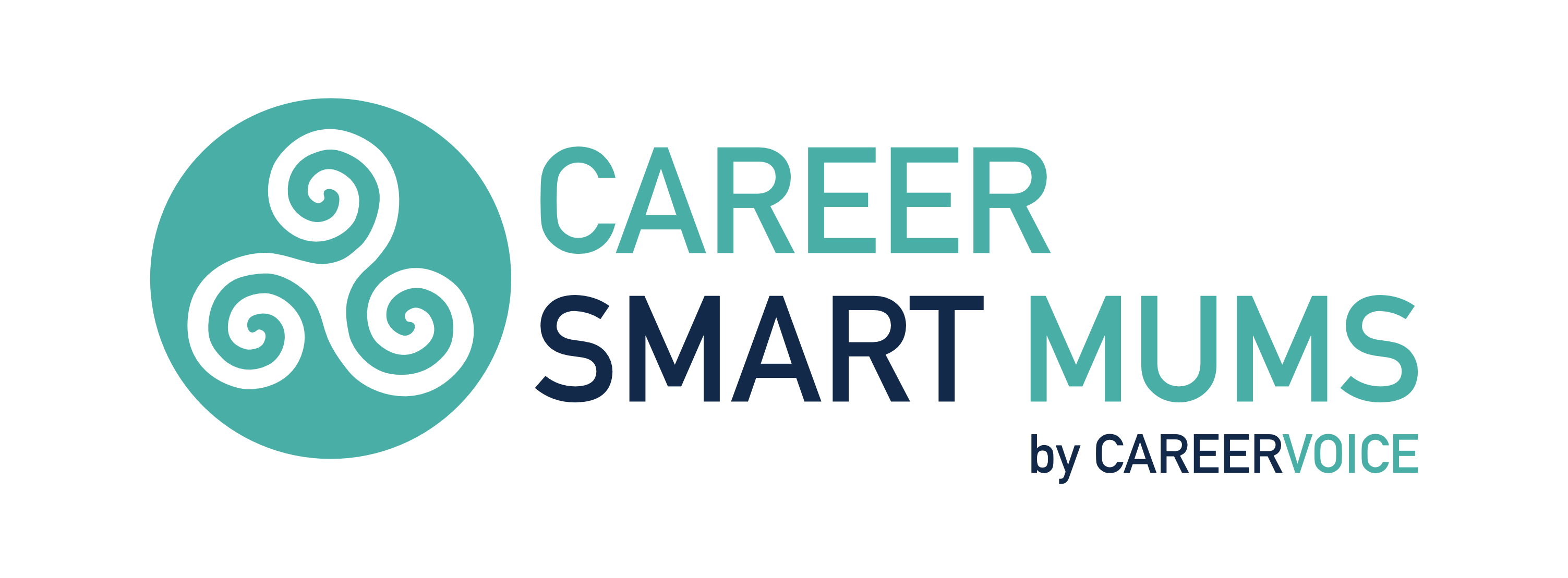I had a client who was once asked at an interview how she would manage her family responsibilities if she moved into a managerial role.
How should she have answered? Should she have identified that the question was discriminatory and risked alienating the interviewer? Or should she have validated it by giving a response? In the end, she chose to answer honestly, and replied simply that she had care arrangements in place for her two children while she and her husband worked. She also decided not to take the position.
This line of questioning is not supposed to happen, so it’s helpful to know what your legal rights are before you even step into the interview room.
In Queensland, anti-discrimination legislation makes it illegal for employers to discriminate against an applicant because of their sex, relationship status, pregnancy and parental status, breastfeeding, age, race, impairment, religion, political belief, trade union activity, gender identity and sexuality, or family responsibilities.
Put simply, employers need to recruit the best person for the job based on the skills and abilities required for the position. This relates not only to the interview and selection process, but also to job advertisements and application forms.
Job advertisements should provide a clear outline of the job and encourage all people who are suitably qualified for the position to apply. During interviews, and on application forms, employers should only ask for information relevant to the position. Discriminatory questions can include employers asking for irrelevant information like marital status, whether you have children, how many children you have, what you will do with your children if you are called upon to work outside office hours, or whether you intend to start a family or have more children.
If this happens to you, there are several actions you could take:
- You can politely decline to answer the question during the interview.
- Your first port of call should be to write to the employer, communicating your concerns. Ask them if your impression of their organisation is one that they would like to promote to potential employees? In some industries, it is currently an employees’ market, so this is an issue most companies will take seriously.
- You could report the matter to the Anti-Discrimination Commission Queensland (or other state equivalent) or report it to the relevant union and/or the Fair Work Commission. See the Anti-Discrimination Commission Queensland website for more information https://www.adcq.qld.gov.au.
- Depending on how much the position means to you, you may also consider going to a solicitor or IR consultant to gain advice on the best course of action.
A more insidious problem exists where the discrimination is as a result of unconscious bias rather than a straight-out question in an interview or on an application form. This could include the interviewer assuming that as a woman at a particular stage of life, you may leave the job if you fall pregnant, or that you will not be able to commit to overtime or meet deadlines because of family commitments. Gender stereotypes in particular occupations can also frame how the employer sees your suitability for the role, and this can affect both male and female applicants.
This type of discrimination can be hard to prove, however if you are confident that discrimination has occurred, you may decide to take it further. Ultimately it is also worth considering whether the organisation is the right fit for you: if discrimination can occur at the recruitment stage, what does this say about the organisational culture?
Try focussing on employers that are known for creating a discrimination-free workplace. Work 180 is a great company who Pre-Screens Employers to See How Well They Support Women’s Careers.
The important thing to remember is the onus is firmly on employers to treat candidates fairly and avoid discriminatory behaviour during the recruitment process. If you do encounter discrimination at your next job interview, there are avenues available to you where you can seek advice and recourse.

